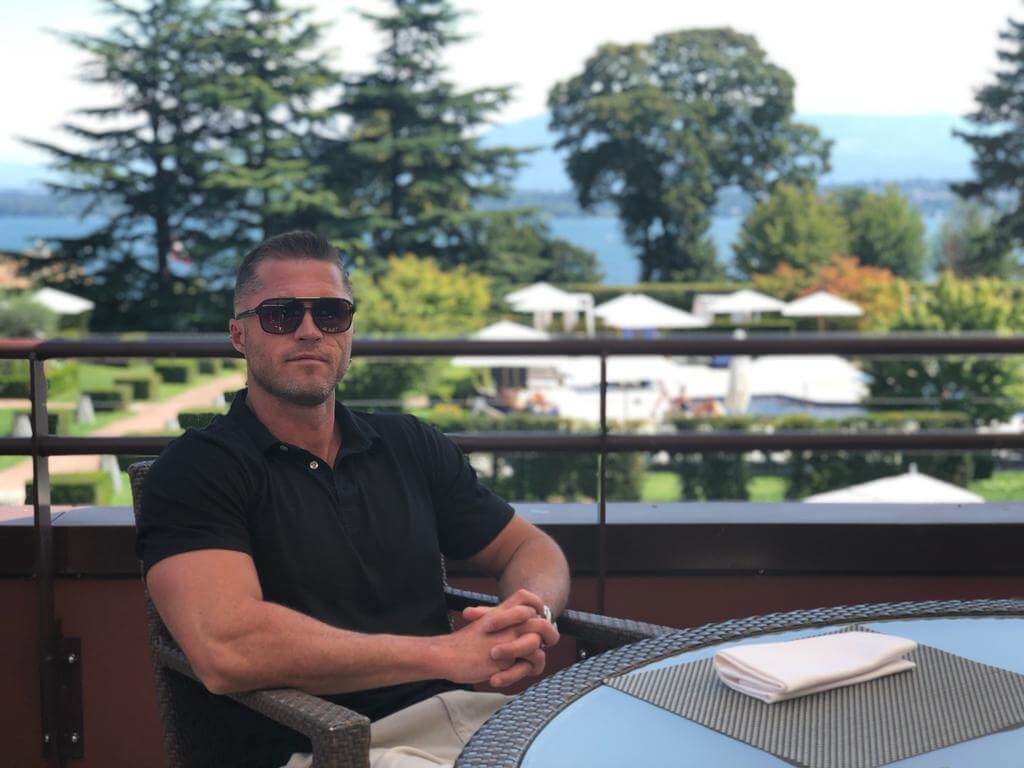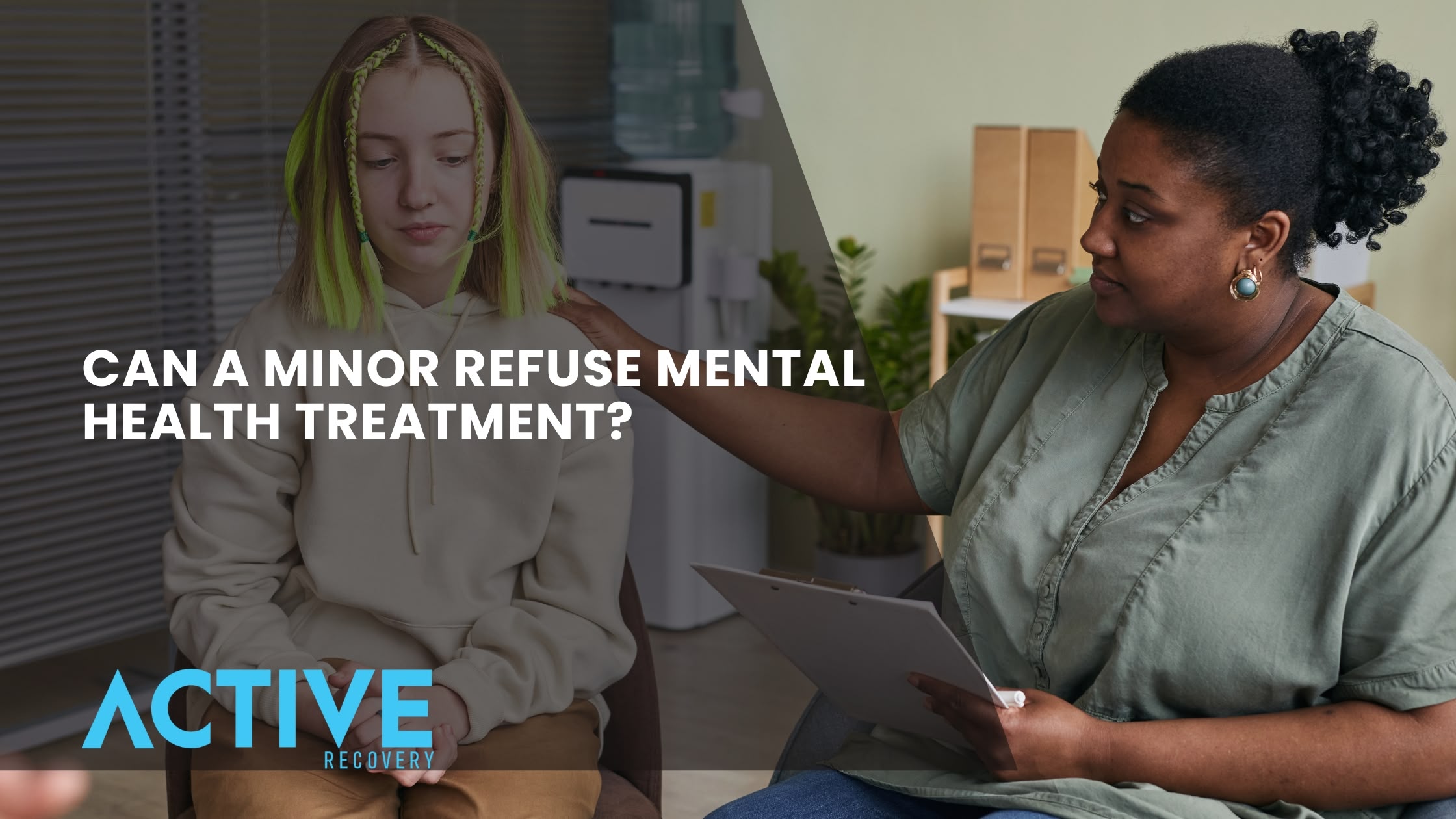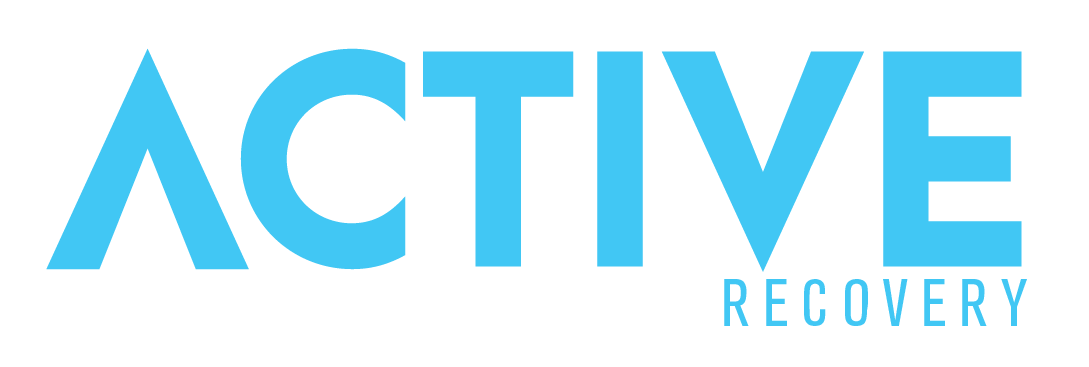Last Updated on November 26, 2024


When it comes to minors and mental health treatment, the question of consent is complex. But can a minor refuse mental health treatment? This article explores minor consent in mental health treatment, including its legal and ethical perspectives, state regulations, and specific exceptions.
Active Recovery Companions offers personalized mental health and sober coaching services to individuals seeking lasting recovery and long-term sobriety from substance use and mental health challenges. Our experienced team of recovery and sober companions helps clients develop healthy coping strategies and stay committed to their mental health and well-being. Contact Active Recovery Companions and discover how we can support and guide your recovery journey.
According to US family law, the minor's consent law allows minors to make certain healthcare decisions without requiring a parent’s or legal guardian’s approval. This legal framework recognizes that some minors may be mature enough to make informed medical health choices, especially in areas like mental health care, drug treatment, and reproductive health services.
Normally, minors require parental consent for outpatient mental health treatment or inpatient treatment. However, some states allow exceptions if the minors are considered mature enough to make medical decisions.
Health care providers and mental health professionals often evaluate factors such as the minor's understanding of treatment, the severity of the mental illness, and consent eligibility. In certain cases, like substance abuse or reproductive health care, minors may be able to seek treatment without parental involvement.
The mature minor doctrine is a legal framework that allows certain minors, deemed mature enough, to make their own medical treatment decisions without requiring parental consent. This principle acknowledges that some minors have the capability for informed consent and can understand the consequences of their health choices.
Importantly, this doctrine also grants minors the right to refuse specific healthcare treatments. If a minor demonstrates sufficient maturity and comprehension of the treatment involved, they can choose to accept or decline care, with or without parental consent.
Yes, an emergency situation is exempted from minor consent laws. Healthcare providers are allowed to act quickly to save a minor's life or prevent serious harm. In critical situations, medical professionals can provide necessary treatment without waiting for parental consent, especially if the circumstance requires that the minor receives the utmost urgent care.
For example, if a minor suffers a severe injury or an acute mental health crisis, doctors can administer care immediately to stabilize the situation, regardless of consent laws. This exemption is essential to ensure timely medical intervention, especially when a delay could jeopardize the minor's health or safety.
The age requirements for minor consent on mental health treatment differ across every state in the U.S., with some having combined approaches on parental consent. Many states allow minors to consent to mental health treatment at certain ages, often starting at 12 to 14 years old. Some states, like Alabama and Virginia, allow minors aged 14 and above to provide informed consent on general medical care.
While many states allow minors to consent to mental health treatment independently, parental involvement is often encouraged, and some states have laws requiring that parents be notified in specific situations. For instance, in states like Iowa, parents must be informed if their minor receives a positive HIV test.
Here are the different specific regulations on minor consent law in the following U.S. states:
Alabama — Minors aged 14 and older can consent to outpatient mental health treatment without parental approval, but parents are often informed about significant decisions.
Alaska — Minors aged 16 and older can consent to mental health treatment independently; however, parental notification is encouraged.
Arizona — While minors aged 12 and older can independently consent to outpatient mental health services, parental consent is recommended.
Arkansas — Minors aged 14 and older can seek outpatient mental health treatment without parental consent. However, parents may still be notified.
California — Minors aged 12 and above can consent to outpatient mental health treatment on their own without needing parental consent.
Colorado — Minors aged 15 and older can consent to outpatient mental health services without parental involvement.
Delaware — Minors aged 16 and older can consent to mental health treatment independently, although healthcare providers may still involve parents.
District of Columbia — Minors aged 12 and older can consent to mental health services without parental consent, which places heavy emphasis on confidentiality.
Florida — Minors aged 13 and older can consent to their own mental health treatment but parental notification may be necessary depending on the situation.
Hawaii — Minors aged 14 and older can seek mental health treatment independently nors aged 14 and older can consent to their own mental health treatment without needing parental consent.
Illinois — Minors aged 12 and older can consent to mental health treatment, though parental involvement is usually advised.
Indiana — Minors aged 14 and older can independently consent to outpatient mental health services without parental consent.
Kansas — Minors aged 13 and older can consent to their own mental health treatment without requiring parental involvement.
Louisiana — Minors 16 years and older can consent to mental health treatment independently. However, healthcare providers may notify the parent or legal guardian.
Maine — Minors aged 14 years old and older can consent to their own mental health treatment without needing parental consent.
Maryland — Minors aged 16 and older can independently consent to mental health treatment, while younger minors typically need parental consent.
Massachusetts — While minors aged 13 and older can consent to their own mental health services, parental involvement is often encouraged.
Minnesota — Minors aged 16 years and older are allowed to consent to mental health treatment independently. However, younger minors usually require parental consent.
Missouri — Teenagers need to be 18 and older to consent to mental health treatment. However, specific situations may allow younger minors. particularly those aged 12 to 17 years old, to provide informed consent by assenting to a particular medical treatment.
Montana — Minors aged 16 and older can independently consent to their own mental health treatment.
Nevada — Minors aged 14 and older can seek mental health treatment without needing parental consent. However, the involvement of the parent or legal guardian is still recommended.
New Mexico — Minors aged 14 and older can consent to their own mental health treatment independently.
New York — Minors aged 16 and older can independently consent to mental health treatment, while younger minors usually require parental consent.
North Carolina — Minors aged 16 and older can consent to mental health services without a parent’s consent, but younger minors are required to have it.
North Dakota — Minors aged 14 and older can consent to their own mental health treatment without parental involvement.
Oklahoma — Minors aged 16 and older can independently consent to mental health treatment.
Oregon — Minors aged 14 and older can seek outpatient mental health treatment without needing parental consent. However, healthcare providers are encouraged to involve parents unless certain conditions restrict such involvement, such as the risk of harm or refusal of involvement by parents.
Pennsylvania — Minors aged 14 and older can consent to outpatient mental health treatment independently, although parental notification may occur.
Rhode Island — Minors aged 16 years old or older can consent to mental health treatment without parental approval, although parents may be informed.
South Carolina — Minors aged 16 and older can consent to mental health treatment independently.
Texas — Minors aged 16 and older can seek mental health treatment without the need for parental consent.
Utah — Minors typically must be 18 to consent to their own mental health treatment, with those younger generally needing consent.
Virginia — Minors aged 14 and older can independently consent to mental health treatment without parental involvement.
Washington — Minors aged 13 and older can consent to mental health treatment; however, parental involvement is usually encouraged.
Some minors would choose to refuse the treatment parents wish for them for the following reasons:
Many minors choose to refuse treatment as a way to assert their autonomy and gain control over their health decisions. This is true for older teens, who may view declining care as a means to express their independence, especially if they qualify under the mature minor doctrine in certain states.
Privacy can be a big deal for many minors, especially if it concerns sensitive issues like mental health or substance use. The fear of parental judgment prompts some people to avoid both inpatient and outpatient treatment in a mental health facility.
Some minors may refuse treatment due to skepticism about its effectiveness or previous negative healthcare experiences. This is common among teens who have sought mental health services in the past but didn't experience significant improvement.
The potential side effects of treatment and the intensity of certain therapies can be intimidating for minors. Concerns about pain, discomfort, or lifestyle changes associated with long-term medication play a key role in their decision to refuse care.
Minor consent is often viewed as contentious and difficult to navigate, even within mental health professional standards. Some of these challenges stem from the following factors:
State laws around minor consent for mental health care vary widely. While some states permit minors to consent to specific mental health treatments, others require parental consent across all services. This inconsistency causes confusion for healthcare providers, which limits a minor’s access to critical inpatient and outpatient mental health treatment.
Parents often wish to make the decisions for their children because they believe it is in their child's best interest and well-being. However, many minors desire the freedom to seek mental health services independently. This tension often places mental health professionals in difficult positions as they consider the legal and emotional needs of both the minor and the parent or legal guardian.
When a minor refuses treatment, mental health professionals face ethical challenges. If a minor with a diagnosed mental illness declines recommended care, providers must balance respecting the minor’s wishes with their duty to ensure patient well-being, which can complicate the treatment process.
Sometimes, a minor may refuse mental health services despite showing a clear need for immediate care. While the mature minor doctrine supports a minor’s decision-making autonomy, their choice to refuse treatment can hamper and delay timely medical care. This is especially true in cases where delays can further limit access to strained healthcare resources.
Active Recovery Companions offers mental health support through mental health companions and recovery coaches who provide tailored guidance and support through one-on-one assistance. This approach benefits both parents seeking recovery consulting services for their child’s mental health needs and mature minors who want a more personalized, supportive approach. Visit Active Recovery Companions today and get a free consultation from us.
Active Recovery Companions offers personalized sober companion services designed to support individuals throughout their addiction recovery process. In addition to providing one-on-one guidance, they help clients build healthy routines, prevent relapse, and navigate daily challenges.
By focusing on both addiction recovery and mental health, Active Recovery Companions ensures clients receive comprehensive support throughout their recovery journey. Whether through a live-in sober companion or transportation services, their tailored approach allows clients to establish long-term sobriety and lead a fulfilling life.
A sober companion is a trained professional who continuously supports individuals in their addiction recovery process. Their services include attending meetings with clients, providing strategies to help avoid relapse triggers, and teaching essential life skills to ease reintegration into everyday life. Many sober companions offer live-in support, which ensures that clients are surrounded by positive influences that reinforce their sobriety.
Sober companions can help you maintain your sobriety during recovery as they offer various benefits, which include:
Sober companion services provide individualized care to clients during early recovery, which helps them navigate their recovery journey while reinforcing healthy routines and essential life skills.
Live-in sober companions stay with clients to offer 24/7 support and immediate intervention during high-risk moments, which helps prevent relapse and encourages a fulfilling life after addiction recovery.
Many sober companions collaborate with mental health treatment providers, which ensures clients receive comprehensive care for co-occurring disorders.
Sober companions help clients manage everyday tasks, from attending meetings to making healthy decisions in social situations, which is crucial for maintaining sobriety outside of a treatment facility.
After completing a treatment program, sober companion services provide essential guidance to help clients transition into daily life.
Sober escorts assist clients when traveling to social events and other triggering situations, ensuring they remain focused on their recovery while navigating life in sobriety.
A sober companion or recovery coach can play a crucial role in your recovery journey. Some key reasons to consider a sober companion include:
Transitioning from an addiction treatment facilities or sober living homes to everyday life.
Attending a social event, work function, and other high-risk events that may trigger a relapse.
Struggling to establish healthy routines to build essential life skills, such as personal hygiene or time management.
Dealing with mental health challenges (due to co-occurring disorders) during your recovery journey.
Unavailability of a support network, such as family or friends, during early recovery.
Here are the top sober companion services if you’re seeking sober companionship to maintain your hard-earned sobriety:
Active Recovery Companions
Active Recovery Companions offers personalized sober companion services that include one-on-one support and tailored recovery plans. With a focus on mental health and addiction recovery, their sober companions assist clients through early recovery and help prevent relapse. Active Recovery Companions also offer recovery coaches and sober escorts to help sustain long-term sobriety throughout their recovery journey.
Drew Horowitz & Associates
Drew Horowitz & Associates provides a wide range of addiction recovery services, including live-in sober companions who offer constant support. With expertise in substance use disorder and mental health treatment, their sober companions offer personalized guidance that helps clients transition from treatment facilities to independent living.
Michael Walsh
Michael Walsh’s sober companion program is designed to offer continuous care and support during early recovery and high-risk situations. His experienced sober companions and recovery coaches emphasize accountability and personalized care, helping clients establish a fulfilling life free from drugs and alcohol.
ALYST Health
ALYST Health’s sober companion services are part of a holistic approach to addiction treatment that includes mental health and medical care. Focusing on long-term success, their expert sober coach or companion can assist you with transportation services, daily routines, and other forms of comprehensive support like intervention and mental health services.
The cost of a professional sober companion varies on factors like experience, availability, and level of support provided. On average, the daily rates usually range between $750 to $2,500.
Apart from companionship, professional sober companion services offer non-judgmental, one-on-one support to clients. Some of their duties include:
Reinforcing healthy habits
Establishing daily routines
Attending meetings (such as Alcoholics Anonymous or Narcotics Anonymous)
Collaborating with recovery coaches to create personalized plans
Choosing the right sober companion involves several factors to consider, which include:
Assess your needs so you can find a sober companion or sober coach who aligns with your recovery goals.
Look for someone with experience in addiction recovery and mental health treatment,
Select a sober coach who provides around-the-clock care.
Ensure that you feel comfortable and trust around your sober companion.

© 2023, Active Recovery Companions